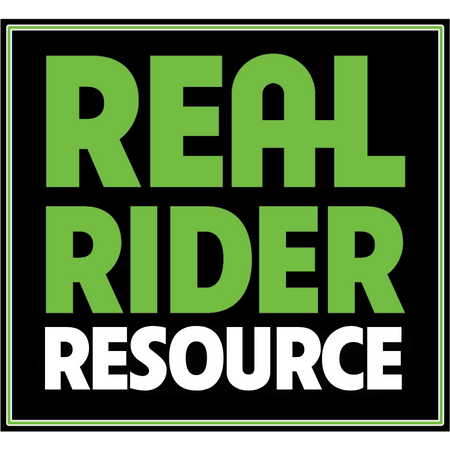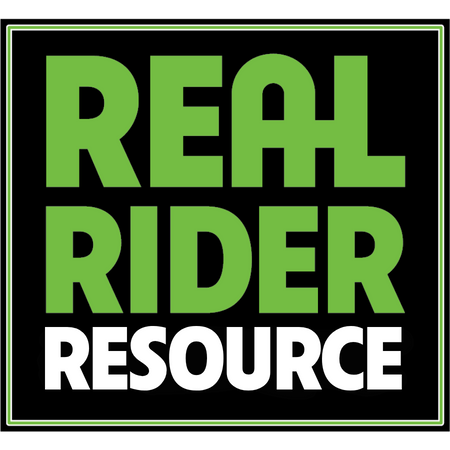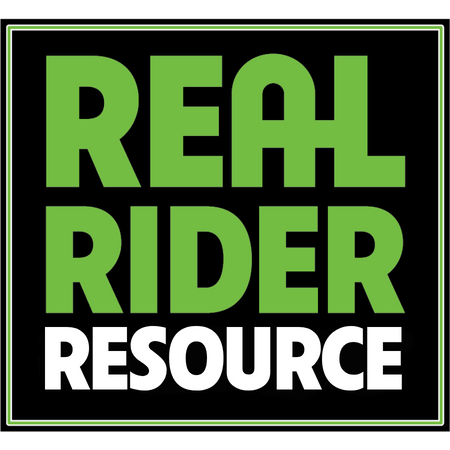Is It an Injury or Just Soreness? A Real Rider's Guide
Excerpt: Did your horse just work hard—or did something go wrong? Knowing the difference between muscle fatigue and injury can save you time, money, and stress. This guide walks through the signs, what to watch for, and how to respond.
First: What’s Normal Soreness?
Just like humans, horses can feel tight or stiff after a workout, especially if the effort was new, intense, or involved uneven footing. Signs of normal soreness include:
- Stiffness that improves with movement
- Mild resistance during warm-up that fades during the ride
- No heat or swelling present
- No change in appetite or personality
Warning Signs of a Potential Injury
If something feels off and doesn’t improve—or gets worse—don’t ignore it. Common red flags include:
- Sudden or severe lameness
- Heat, swelling, or visible inflammation
- Reluctance to bear weight or move out
- Consistent performance decline or behavioral changes
Pro Tip: Always call your vet for anything that looks like more than mild discomfort. It’s better to be safe and early than sorry and sidelined.
How to Respond Right Away
- Provide rest and limit movement
- Apply a trusted liniment like Draw It Out® RTU Spray to sore or suspicious areas
- Use MasterMudd™ EquiBrace™ with wraps for localized swelling or trauma
- Monitor for changes every 12–24 hours and keep a log
Recovery Tips for Minor Soreness
When soreness is the issue—not injury—support recovery with:
- Active rest (light hand walking)
- Topical support with Draw It Out® Gel
- Gentle massage or stretching
- Ample hydration and turnout
Final Thoughts: Know Your Horse, Trust Your Gut
No blog post replaces experience—but good tools and a calm plan can help you spot issues early. Real riders learn to listen to their horse, lean on their vet, and never ignore the signs. Whether it’s soreness or something more, being proactive pays off.





